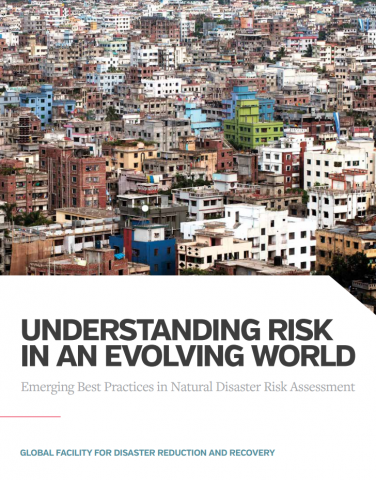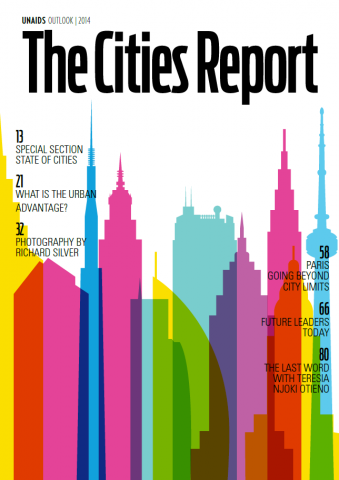UNAIDS: The Cities Report

The Cities Report

Urban areas are also home to millions of people who have fallen through the cracks of social, political and economic life. People who lack access to education, health services and prevention measures face significantly higher health risks. Under these social conditions, many diseases including HIV spread more quickly. Additionally, poor sanitation and crowding foster the spread of tuberculosis, which is the leading cause of death among people living with HIV. Cities need to address their significant disparities in access to basic services, social justice and economic opportunities. Using a Fast-Track AIDS response, cities can improve social equality for people affected by HIV and those living with the disease, while also addressing related public health challenges in new and innovative ways to prevent disease.
